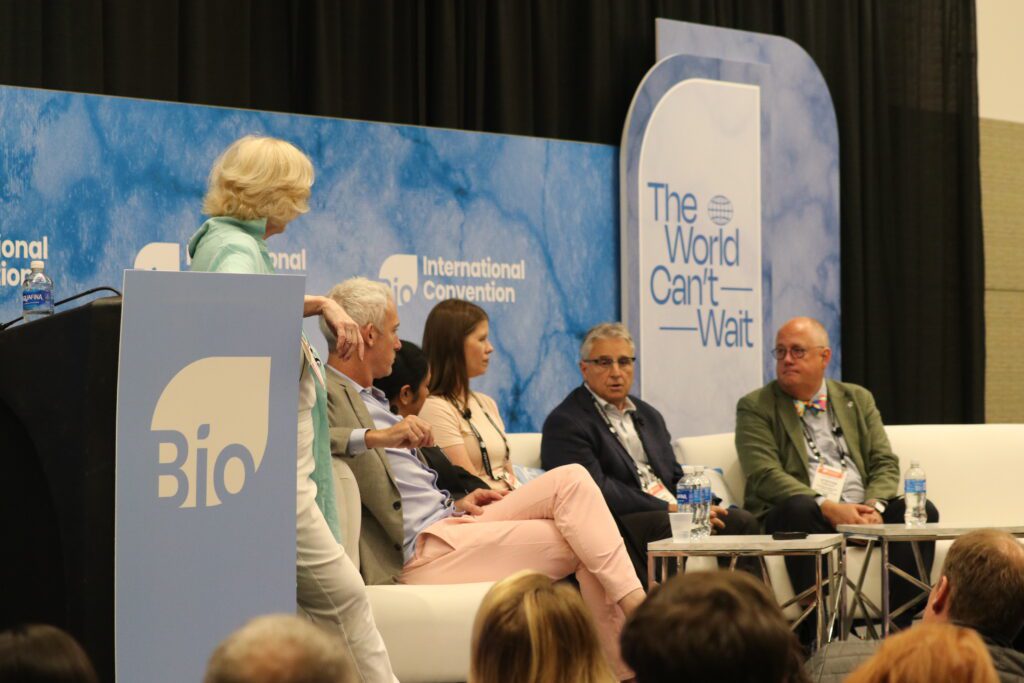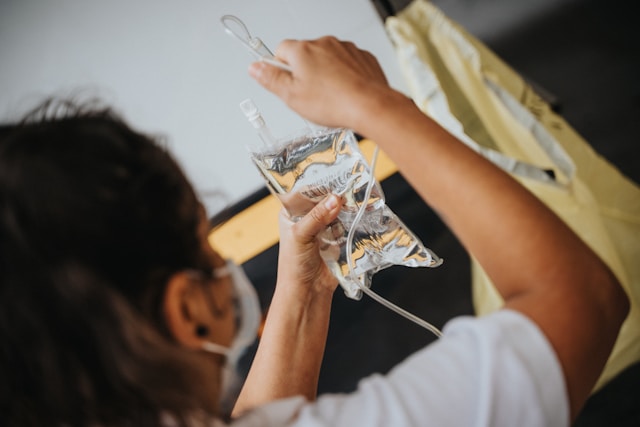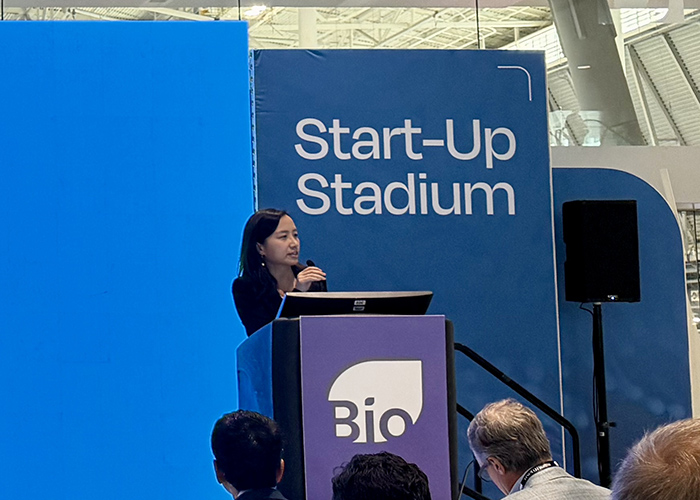When experts discussed clinical uses of psychedelics two years ago at the 2023 Biotechnology Innovation Organization (BIO) International Convention, there was some interest in separating the experiential effects of these drugs. This year, the conversation has changed as doctors have learned more about them.
“While there are certainly people who are saying that the experience of taking the drug is something like an unnecessary adverse event, and that the benefits of classic psychedelics could be maintained without that experience, we don’t really see any clinical evidence for that yet,” explained Daniel Karlin, M.D., MA, Chief Medical Officer of MindMed, on June 16.
Karlin said that there is an overarching desire by developers for drugs not to feel like anything, yet, as anyone who has taken a drug to treat depression and anxiety can attest, you know when you’ve taken it.
“I’m not scared.”
“They’re early results, but they’re remarkable because some patients show remission of symptoms after just a single dose, which doesn’t happen very often,” explained Sharmin Ghaznavi, M.D., Ph.D., Associate Director of the Center for the Neuroscience of Psychedelics at Massachusetts General Hospital and Harvard Medical School.
The results are getting better, and better understood by potential patients. When Katie M. Walker, LCSW, a play therapist and patient advocate, heard about a potential clinical trial in her state, she jumped at the opportunity to participate.
“I’m not scared,” Walker told a colleague setting up the clinical trial. “I was like, I am so desperate. As someone who is in the field of psychology, I know all the tools. As someone who has received weekly therapy for five plus years, on and off for a lot longer, someone who was doing yoga every single day, meditation every single day, doing somatic experiencing, I was quite literally doing everything to just manage. And I’m not even sure I would say that I was managing.”
Walker had been suffering from anxiety for years. She is one of many patients excited about the potential of psychedelic treatments, and is an example of just how valuable these treatments could be.
“I define value as the relationship between cost and outcome,” said Michael Kobernick, M.D., Senior Medical Director at Blue Cross Blue Shield of Michigan. He noted that psychedelic treatments are already being accepted for coverage.
Catching up on lost time
When asked, Why psychedelics? Karlin countered, “I think the more interesting question is, why did we stop?”
“I think many people realize that these drugs were illegalized in the late 60s, early 70s, more for political reasons than anything else,” he said. “There is a lot of data showing that what else was around—nicotine, alcohol, cigarettes—were much worse.”
But now, psychedelics could very well play a role in helping countless numbers of patients get their lives back.
“I think that what we’re witnessing is research and evolution,” said Kobernick.
“The truth is, people are going to psychedelics for just about anything and everything,” observed Ghaznavi. “There’s wisdom for millennia in indigenous populations, where they regularly used these compounds for various reasons. And so some of the indication comes from what they’ve used it for, too.”
Drug developers are keeping these historic considerations in mind while translating them for a clinical setting with the ability to dose patients in a safe, controlled, but open environment.
“If I have a serious disease, I would rather go into a clinic and get a licensed product with an establishment benefit-risk profile than going to some – maybe very nice – retreat,” said Steffen Thirstrup, M.D., Ph.D., Chief Medical Officer for the European Medicines Agency (EMA), “where I might be getting something that I don’t know what it is and maybe pay a lot of money out of my pocket.”
The importance of safety and efficacy
Though public perception is changing, there are still concerns. For example, while psychedelics can be powerful for many, they are not for everyone.
“There are real risks here, and we can’t ignore them,” said Ghaznavi when asked about the use of psychedelics in bipolar or schizophrenic populations, where there are currently strong recommendations against use. “And it means that some of these compounds are not going to be for everyone.”
“It comes down to a risk-benefit ratio,” she said.
What will ultimately turn the tide of public opinion is safety. “Showing efficacy and safety will overcome public perception,” Kobernick said.
“We’ve designed our phase 3s to show that same thing to a level of regulatory and payer reliability, and of course, to convince physicians and patients, as well,” said Karlin. “It works for a lot of people who take it. It works quickly and it works durably.”
“My own personal clinical commitment is letting the evidence drive the decision making,” said Kobernick. “We’re doing really good work in generalized anxiety disorder and major depression for individuals, and I think this will lead us to additional use cases.”
“I’m a little bit agnostic,” said Thirstrup. “If you can demonstrate that positive benefit-risk, I’m happy. We are happy to read such an application for the market in Europe. But I think science is the important thing here.”




